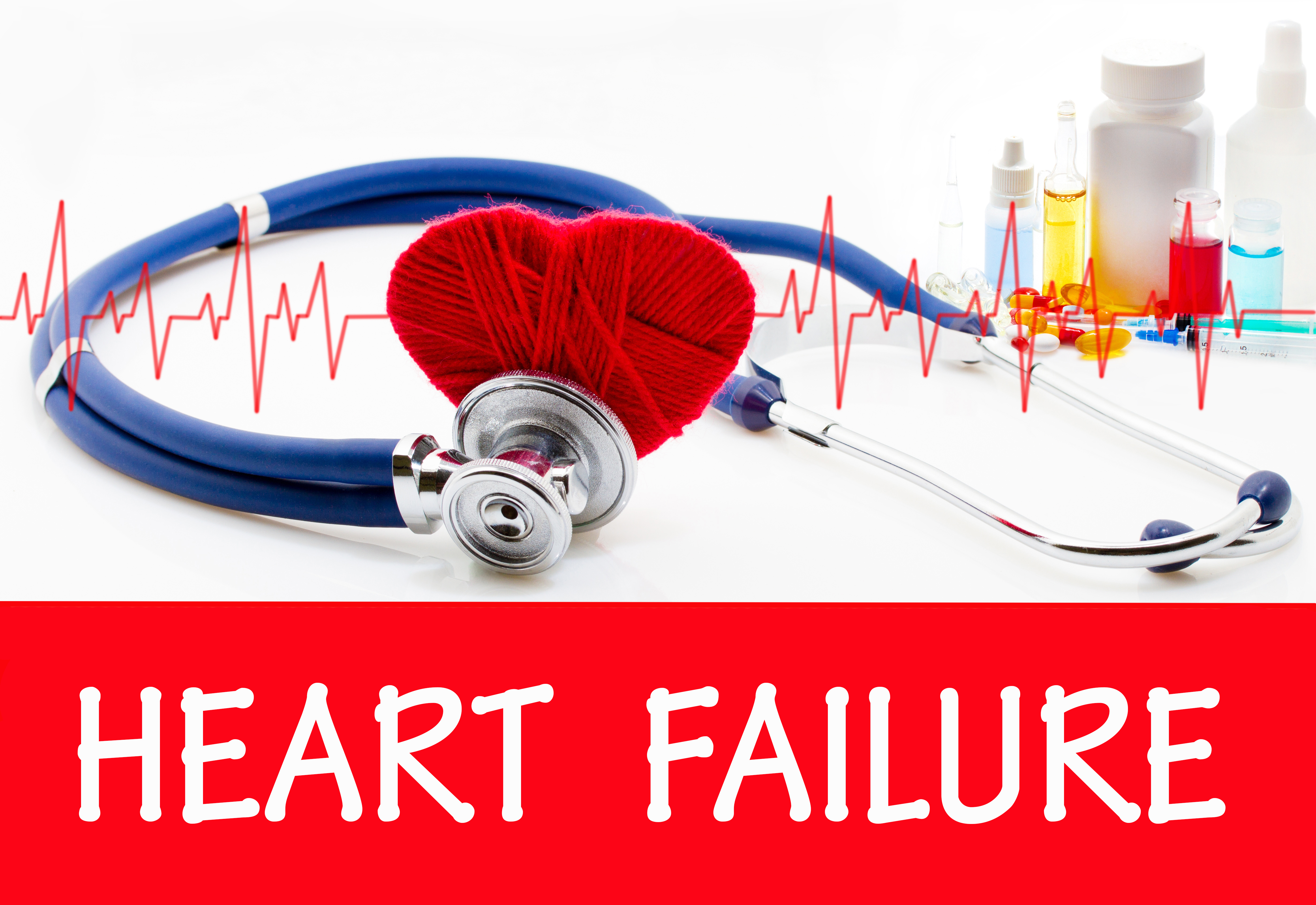By Theresa Giambra, R.N.
In the U.S., heart failure is the leading cause of hospitalizations for people over 65 (5.6 million), and responsible for more deaths than all cancers combined. More than 600,000 new cases are diagnosed in the U.S. yearly, and 26 million people are affected worldwide.
Heart failure, sometimes known as congestive heart failure, occurs when your heart muscle doesn’t pump blood normally, and can be caused various conditions that gradually leave your heart too weak or stiff to fill and pump efficiently. A progressive illness, heart failure is associated with premature death and frequent hospitalizations.
Heart failure can be ongoing (chronic), or it can start suddenly (acute). Signs can include:
- Shortness of breath (dyspnea) when you exert yourself or when you lie down
- Fatigue and weakness
- Swelling (edema) in your legs, ankles, and feet
- Rapid or irregular heartbeat
- Reduced ability to exercise
- Persistent cough or wheezing with white or pink blood-tinged phlegm
- Increased need to urinate at night
- Swelling of your abdomen (ascites)
- Very rapid weight gain from fluid retention
- Lack of appetite and nausea
- Difficulty concentrating or decreased alertness
- Sudden, severe shortness of breath and coughing up pink, foamy mucus
- Chest pain if your heart failure is caused by a heart attack
Although therapies have emerged to improve life quality for individuals suffering from heart failure, 50 percent of heart failure patients die within five years of being diagnosed. Repeat hospitalizations also occur in one-third of patients within 90 days of being treated for the disease in a hospital setting. Heart failure can affect patients with normal heart function as well as patients with poor heart function.
Trinity Medicalis one of the world-wide study centers currently recruiting patients locally to receive improved heart failure treatments.
HEART FID. Heart Fid is aclinical trial for patients experiencing reduced ejection fraction(EF). EF is a measurement that refers to the amount of blood being pumped out of the heart’s left ventricle (the heart’s main pumping chamber) each time it contracts. A below normal EF can be a sign of heart failure. Heart Fid usesiron therapy as a treatment because iron deficiency affects up to half of all heart failure patients. European studies have shown that intravenous iron supplements reduce hospitalizations, improve quality of life, and prolong survival in heart failure patients.
EMPEROR STUDY. The Emperor Study evaluates the effectiveness of the medication empagliflozin (Jardiance) on heart failure patients in improving their exercise ability, heart failure symptoms, and reduced hospitalizations.
For information about these and other studies please contact Trinity Medical WNY at 716-835-2966 and visit their website at www.trinitymedicalwny.org.
Theresa Giambra, RN, CCRP is the Clinical Research Director at Trinity Medical WNY.












